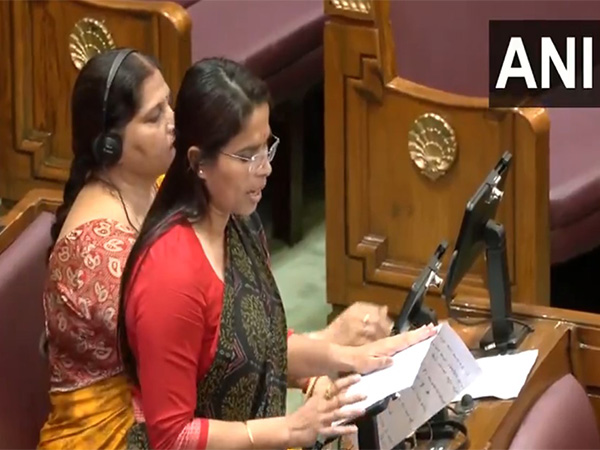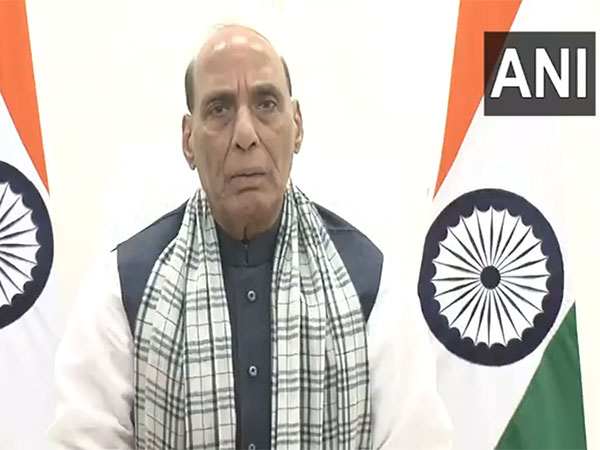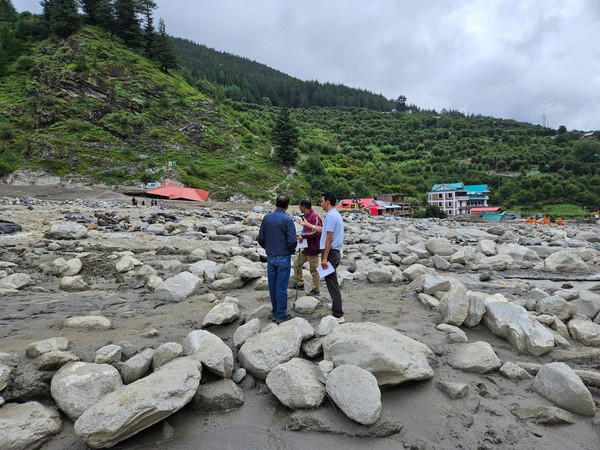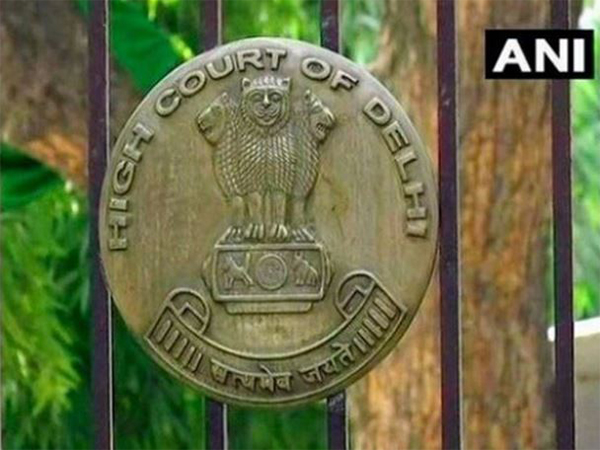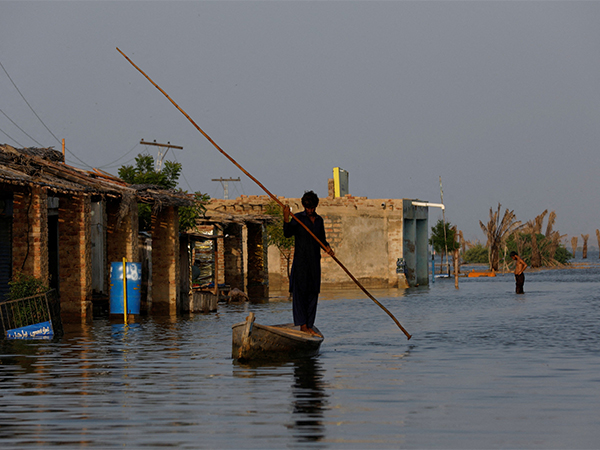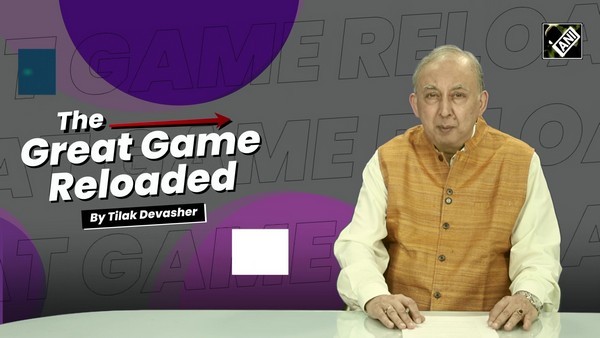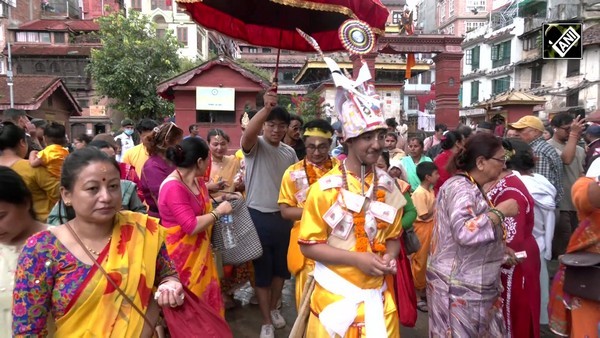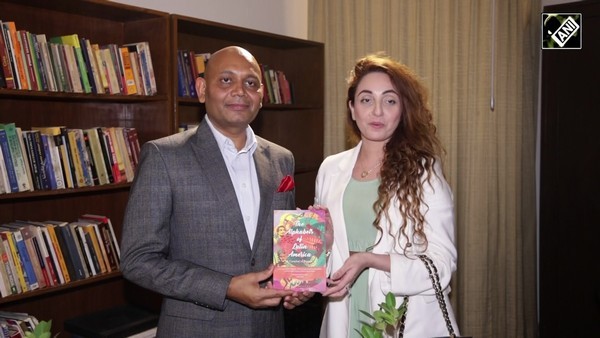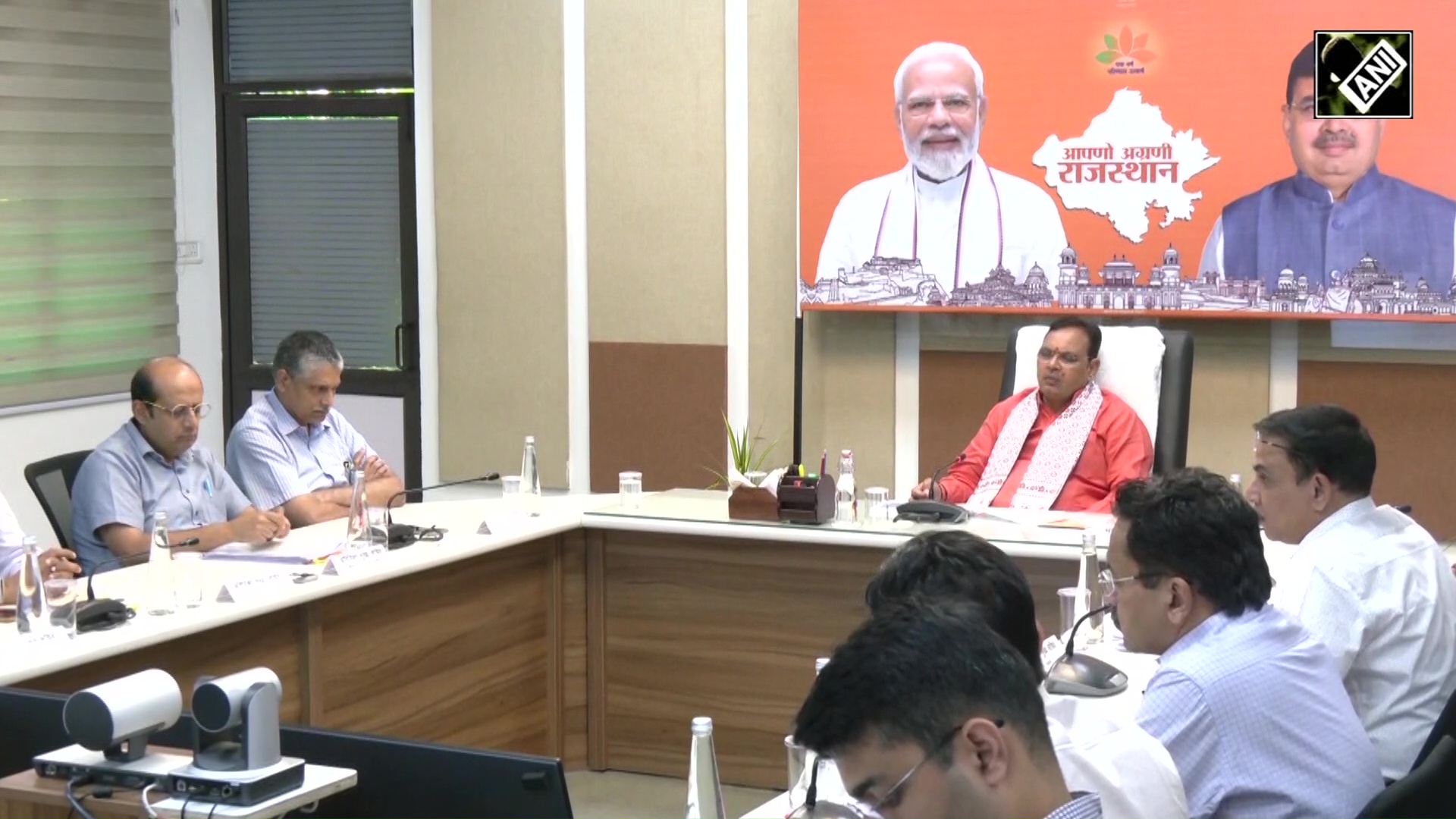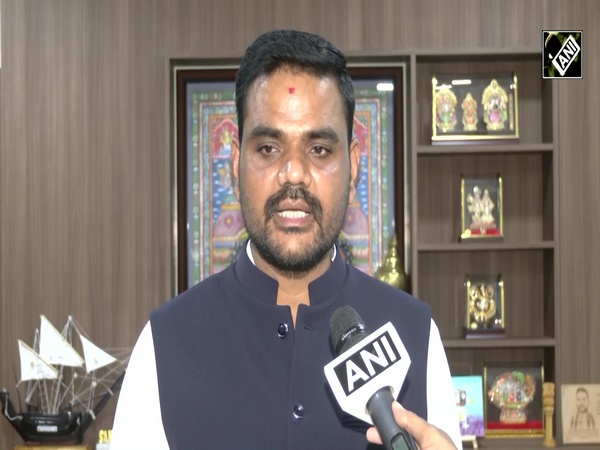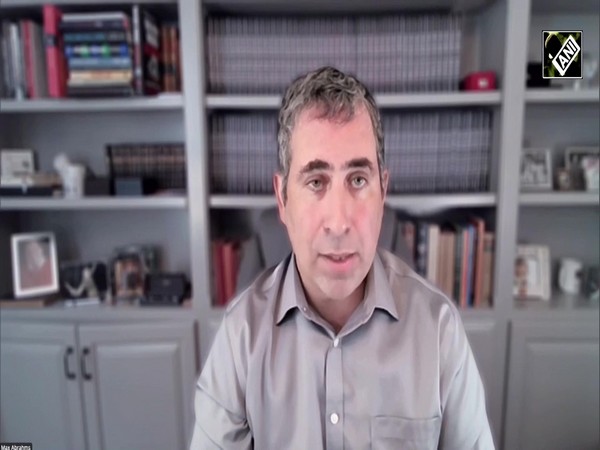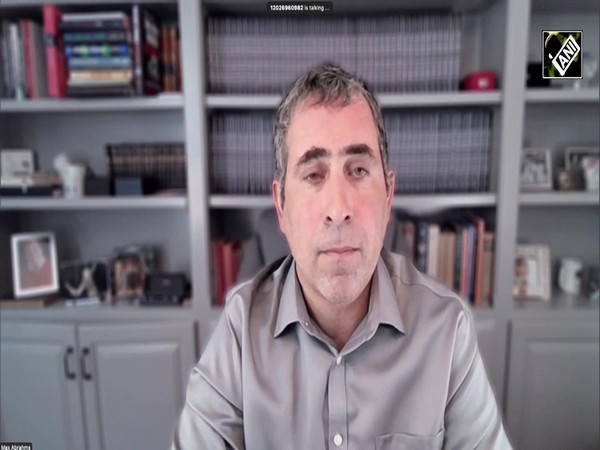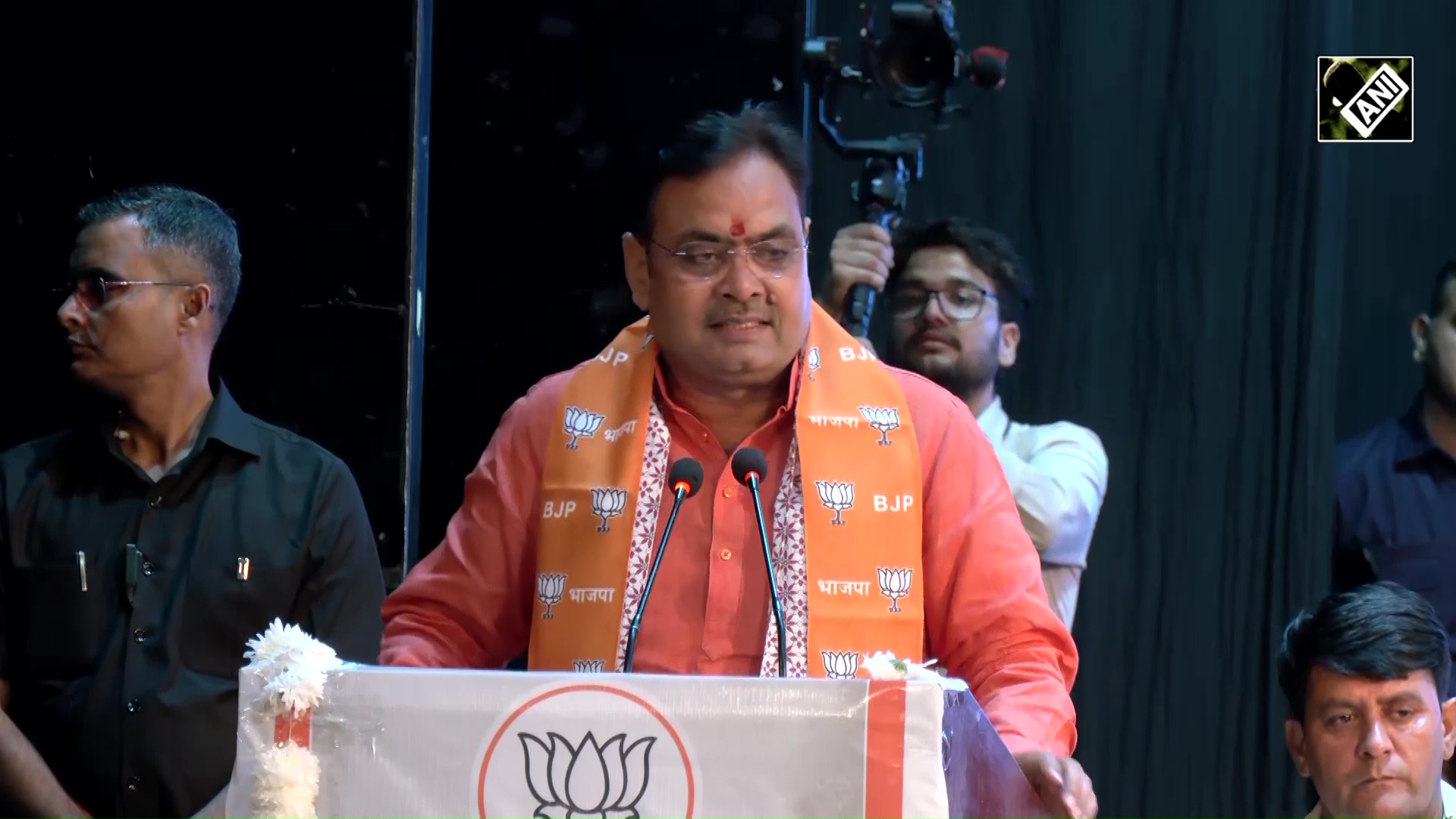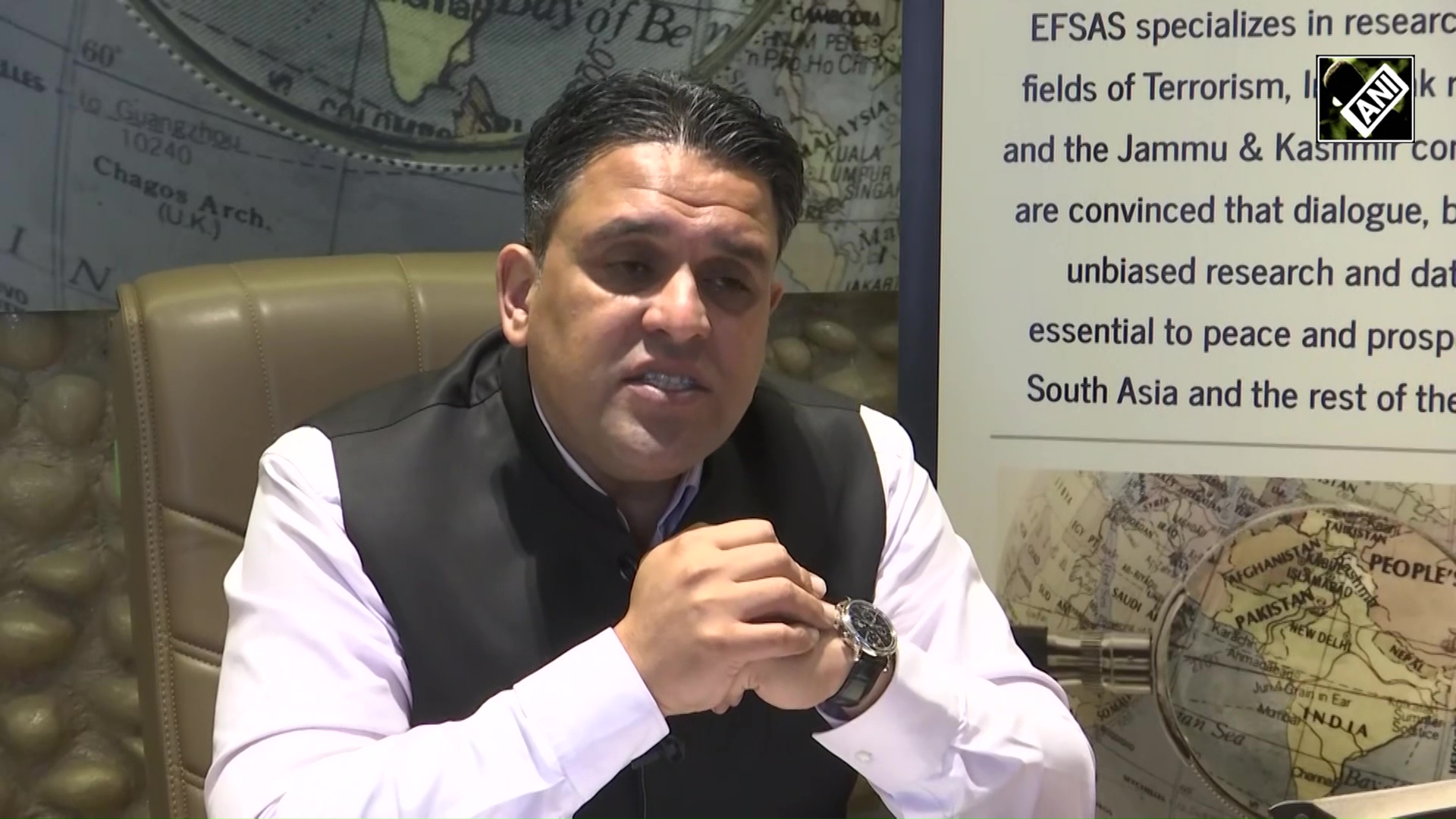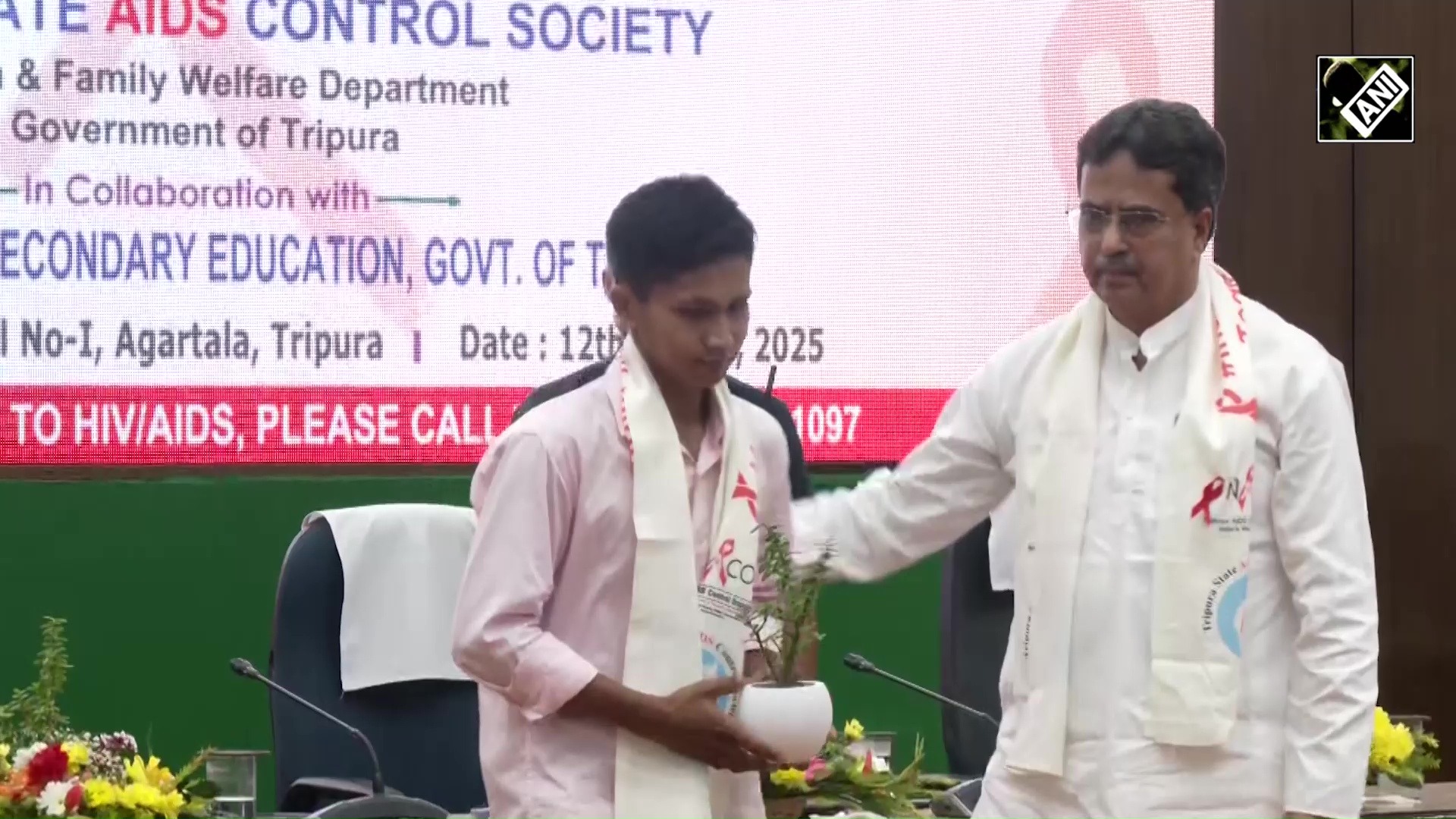Delhi HC refuses to entertain PIL seeking dual citizenship for Indian diaspora living abroad
Jul 31, 2024

New Delhi [India], July 31 : The Delhi High Court on Wednesday refused to entertain a Public Interest Litigation (PIL) seeking direction to the Ministry of External Affairs (MEA) and the Ministry of Home Affairs (MHA) to take appropriate steps to allow dual citizenship for the Indian Diaspora currently holding citizenship in foreign countries.
The bench, led by acting Chief Justice Manmohan and also comprising Justice Tushar Rao Gedela emphasised that the court cannot make decisions on this matter and upheld that current laws do not support dual citizenship, adding that this is a policy matter and falls under the jurisdiction of Parliament.
The court even refused to pass any direction to the respondents authorities to decide the petitioner's pending representation. Noting the court's observation, the petitioner's counsel decided to withdraw the plea from the court.
Plea was moved by Pravasi Legal Cell, an NGO working for the welfare of migrants. Advocate Robin Raju stated that the Indian Diaspora, many of whom were born in India but moved abroad for employment or business, has raised concerns that Indian citizenship is automatically forfeited upon acquiring foreign citizenship.
They argue that this forfeiture is not due to a renunciation of loyalty but rather for practical reasons. The Diaspora believes that allowing dual citizenship could significantly benefit India through increased investment, trade, tourism, philanthropy, education, and cultural contributions.
Plea stated that in 2002, a High Level Committee under the chairmanship of LM Singhi recommended, inter alia, the feasibility of dual citizenship. In 2003, The Citizenship Amendment Act, 2003 allowed for the registration of OCIs.
Its statements of objects and Reasons expressly stated that the Central Government had decided to make provisions for the grant of dual citizenship by the said Amendment Act. In 2005, the Citizenship Amendment Act, 2005 was enacted and again, it was expressly held that the OCI scheme was to provide dual citizenship to persons of Indian origin abroad.
It further stated that on 19.07.2022 as per data put out by the Ministry of Home
Affairs in Lok Sabha, it was revealed that over 9.24 lakh citizens renounced their citizenship during the period 2015 - 2021. And on 23.12.2023 the External Affairs Minister opined that the debate regarding dual citizenship is alive.
The Constitution of India does not bar the grant of dual citizenship in India. While Article 9 specifies that a person will lose Indian citizenship upon voluntarily gaining citizenship of another country, it is submitted that Article 11 empowers the Parliament to make any provisions to alter or terminate citizenship.
Plea also submitted that nothing in the constitution bars the Parliament from exercising power under Article 11 to grant dual citizenship, as it did through the 2003 Amendment.
To make this claim, the petitioners reference the Constitutional Assembly debates. They point out that a Constitutional amendment proposing dual citizenship was made by KT Shah, but was not acted upon at the time of promulgation of the Constitution because the complicated questions of partition were looming large.
Accordingly, dual citizenship was left for the Parliament to consider in the future through Article 11. Plea stated.
The plea stated that the petitioner had submitted a representation to the Respondents to consider the issue on 10.08.2023, and since then, the Petitioner has seen the issue becoming part of discourse in media and political realm on a more regular basis.
The External Affairs minister of India a few months ago also opined that, though there are certain challenges in providing dual citizenship, the debate regarding it is ongoing and alive. While India being a developing nation, the dual citizenship rights must be seriously considered, and this Court, by the way, writ/order shall direct the Respondents to work out the measures for the implementation the same, plea read.
